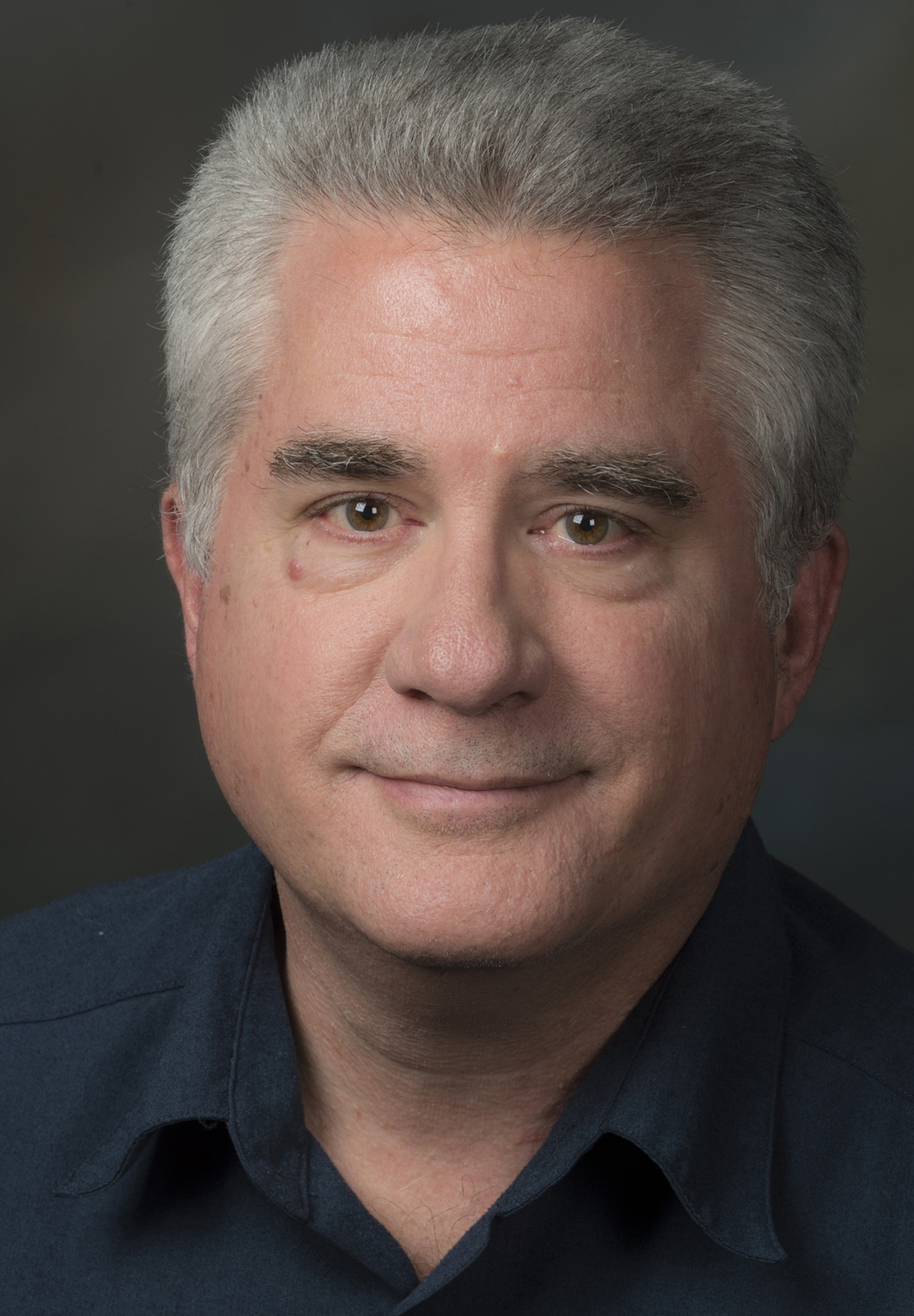
RICHMOND, Va. (BP) — Stephen Hawking, perhaps the most famous scientific intellect since Albert Einstein, died March 14 at age 76 — more than 50 years beyond his life expectancy.
Amyotrophic lateral sclerosis (ALS), or Lou Gehrig’s Disease, tormented Hawking’s body from the time it was diagnosed when he was a 21-year-old graduate research scholar at Cambridge University in England. It eventually chained him to a wheelchair, increasingly motionless and later speechless without the use of a voice synthesizer.
But ALS never imprisoned Hawking’s insatiably curious mind, which roamed freely across the universe from his perch at Cambridge, where he became Lucasian Professor of Mathematics — a chair once held by his great intellectual predecessor, Sir Isaac Newton, who first explained the principles of gravity.
His courage and persistence in the face of physical obstacles especially inspired me over the years. As a young man, I helped care for my grandmother after she was afflicted with ALS. She progressively lost the use of all her muscles until she could communicate only by blinking her eyes. She died within three years of her diagnosis.
As an astrophysicist and cosmologist, Hawking relentlessly searched for a “unified theory of everything” — that is, a way to explain the differences between big-picture astrophysics and Einstein’s theory of relativity on the one hand and tiny-picture particle physics and quantum mechanics on the other. Such a resolution, he contended, would help us understand how the laws of physics govern not only galaxies, stars and planets but subatomic particles.
“A complete, consistent unified theory is only our first step: Our goal is a complete understanding of the events around us, and of our own existence,” he declared in “A Brief History of Time,” his renowned 1988 book. It sold more than 10 million copies worldwide and helped explain such complex topics as black holes and gravity to the masses.
Hawking seemed to relish his fame and celebrity almost as much as his scientific pursuits. He traveled and lectured worldwide, traded wisecracks with talk-show hosts and appeared as himself on “Star Trek; The Next Generation,” “The Simpsons” and “The Big Bang Theory.” Several films dramatized his own life, including the “The Theory of Everything,” which won Eddie Redmayne an Oscar for his portrayal of Hawking.
But unlike some celebrity scientists who embrace celebrity more than science, Hawking was the real thing. He made major contributions to theoretical physics over a half-century of work.
Hawking never quite achieved his “theory of everything,” or an adequate explanation of the origin of the universe, and he acknowledged in later years that it might not be achievable. However, he wrote: “If we find the answer to that, it would be the ultimate triumph of human reason — for then we would know the mind of God.”
An interesting statement, since Hawking rejected the existence of a personal God.
“God is the name people give to the reason we are here,” he said in an interview. “But I think that reason is the laws of physics rather than someone with whom one can have a personal relationship. An impersonal God.”
On another occasion, he said, “I regard the brain as a computer which will stop working when its components fail. There is no heaven or afterlife for broken-down computers; that is a fairy story for people afraid of the dark.”
Lest anyone doubt his non-religious views, he clarified them in a later observation on his “mind of God” comment:
“Before we understand science, it is natural to believe that God created the universe. But now science offers a more convincing explanation. What I meant by ‘we would know the mind of God’ is, we would know everything that God would know, if there were a God, which there isn’t. I’m an atheist.”
Hawking, then, represented the consensus view of modern science, which sees itself as the successor to religious faith, since science supposedly sheds the bright light of reason on things only faith could explain in earlier times. He saw himself as one of the new priests of reason, having dethroned the old priests of faith and superstition.
That view saddens me, coming from such an inspiring figure. A creator was unnecessary to creation, Hawking concluded, since the universe might have had no beginning at all. Speculating about what came before the universe for him was like speculating about what is north of the North Pole. The universe is a closed system. Closed, but possibly without beginning or end.
That contradictory view requires more faith than Christianity. The shepherd king David’s awe at the vastness of the universe — and worship of the one who created it — stirred him to declare to the Creator in Psalm 8 that He made man “a little lower than the heavenly beings and crowned him with glory and honor…. O Lord, our Lord, how majestic is your name in all the earth!”
Stephen Hawking, like every man and woman at the close of life, is now discovering which view is correct.














